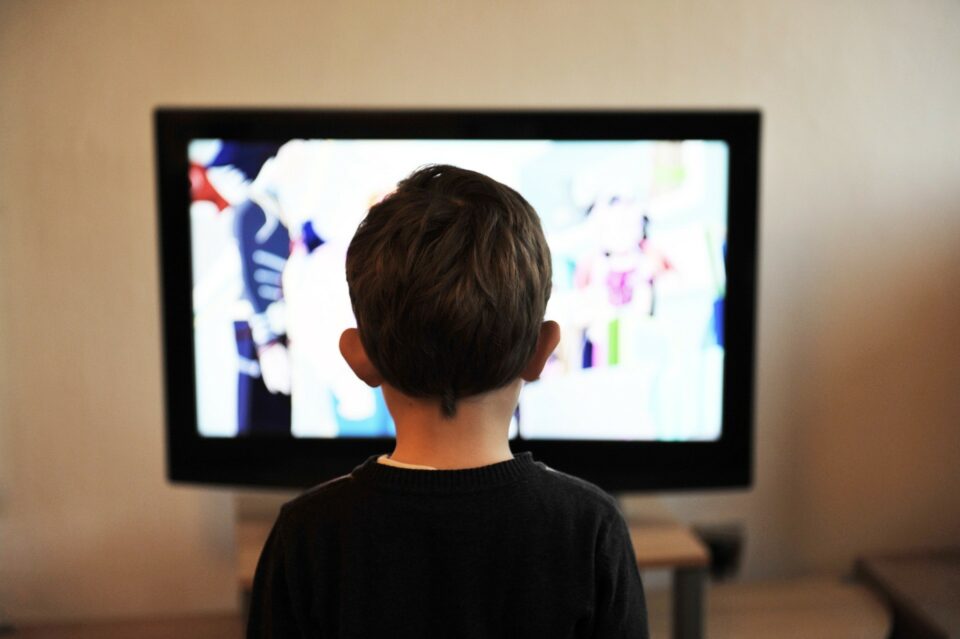When you become a parent for the first time, second time, third time or more, there are countless questions you ask yourself. Every baby is different, and what works for one baby may not work for another.
Of course, you’re well versed in all the safety elements of putting your baby down to sleep, but there are some other things you need to know. There are many potential pitfalls you may fall into when trying to get your baby into a sleeping routine.
We all know that the first few months of your baby being in your life can be exhausting. They wake you up in the middle the night and leave you exhausted throughout the day. As worth every second as it is, of course you want to try and get your newborn into a routine that allows everyone to have enough rest during the evening hours.
To help you avoid those potential pitfalls and try to get your baby sleeping through the night to some degree, we’ve put together some advice you will want to follow.
Mistake One – Running to Your Baby Whenever They Make a Noise
If your baby is crying, of course you should go and see what is wrong. However, if they’re just making small fussing noises, you don’t have to go running straightaway. It’s entirely possible that they will fall back to sleep without any intervention from you. If you go running in at the smallest noise, you might actually wake up your baby who was on the verge of comforting themselves back to sleep.
The best advice is to just wait and see what happens. If they start full-on crying, of course, go and see what’s happening but give it a short time to see if their fussing noises just slow and stop, as they fall back to sleep. By doing this, you’re teaching your baby how to comfort themselves, which is something they’re more than able to do.
Mistake Two – Holding Your Baby Every Night Until They Fall Asleep
Of course, holding your baby and rocking them to sleep is going to make them fall asleep faster. They’re comforted by your warmth and the sound of your heartbeat and that’s going to help them to relax and nod off. However, babies quickly fall into routines if you keep doing the same thing. That means if you hold your baby every night, they’re going to feel like they need that closeness in order to fall asleep.
Your baby needs to be able to learn how to fall asleep on their own and as much as you want to pick up your little one and rock them to sleep, it’s not going to be helpful to you or them over the weeks and months to come. When your baby wakes up in the night, they’re going to need you to rock them back to sleep and that’s not always going to do you any good when you’re completely sleep deprived either.
The best advice is to persevere and put your baby into their crib for sleep as they’re starting to appear sleepy. They don’t need to be asleep, they simply need to look like they’re on their way to falling asleep. Then, they’ll learn how to fall asleep without needing to be held.
Mistake Three – Having a Late Bedtime For Your Baby
It is entirely possible to be too tired to be able total asleep and if you set a bedtime for your baby that is too late in the evening, it’s going to cause them to struggle to sleep. You might think that by doing this, they’re more likely to sleep through the night and not wake up quite so early in the morning, but it’s probably going to work the opposite way. They’ll cry and fuss and stress themselves out to the point where they can’t get to sleep and this is upsetting for everyone, not least your baby.
Try to identify a natural sleeping time for your baby and make sure that it’s not too late in the evening. There is no right or wrong time, but you should identify the best time by looking at when your baby naturally starts to look sleepy. When they start to yawn and rub their eyes, those are cues to look for. When you see that, put your baby to sleep and they should comfort themselves into the land of nod. At that time every night, that’s their bedtime.
Mistake Four – Using a Nightlight Intermittently
If you’re going to use a nightlight in your baby’s nursery, ideally this should be left on all night. It’s easy to assume that once your baby is asleep you can do your bit for the environment and turn it off, but once they wake up, they’re going to be shocked by the darkness. Then, they’re less likely to comfort themselves to fall back to sleep and more likely to scream the house down.
Your baby needs a consistent appearance to their nursery and that includes lighting. Look for nightlights that are low energy and have them on a low setting too. Your baby will get used to the lighting and how the nursery looks; it will then become a comforting place for them and will be easier for them to fall asleep.
Mistake Five – Allowing Your Baby to Sleep For Too Long During The Day
Of course, you probably have things to do during the day and your baby sleeping allows you to catch up on your errands and have a rest yourself. However, if your baby sleeps for too long during the day, they’re not going to sleep as much at night. Think about it – would you rather have your baby sleep more at night so you can rest, or be crying because they’re just not tired when all you want to do is close your eyes and fall asleep?
Yes, newborn babies need a lot of sleep but they only need a certain amount. If they have the bulk of that during the day, they’re going to want to play at night. When your baby is awake during the day, try and keep them that way as much as you can by playing with them, cooing, and talking to them. When they start to look tired, of course, put them down, but don’t encourage them to sleep constantly throughout the day unless you want a sleepless night.
Mistake Six – Thinking Something is Wrong if They’re Not Sleeping Through The Night
We all hear that one parent who brags that their baby sleeps through the night, every single night from birth. The likelihood of that being is slim, so don’t take what you hear too much to heart. There is nothing wrong with your baby if they wake up during the night once or a few times. Every baby is different. As long as their basic needs are attended to and they’re not showing any signs of being ill or in distress, it’s nothing to be concerned about. Over time, this will improve and they will start to sleep for longer periods during the evening hours.
In fact, it’s not really until around the six months’ mark that you can expect your baby to be sleeping for long periods of time during the night. If you’re concerned about anything, get it check out, for sure, but don’t listen too much to bragging parents who have unrealistic claims to make about their child’s sleeping patterns. However, if your baby really does sleep through the night regularly, you’re very lucky indeed!
Mistake Seven – Not Setting a Firm Bedtime
If you want your baby to recognise that it’s time to sleep, you need to set a bedtime routine that is stuck to every single night. If you allow your baby to fall asleep at different times every day, their sleeping pattern is going to be all over the place.
The idea is that you need to give your baby sleeping cues. This means starting the bedtime routine at the same time every night and doing the same things. That could be a bath, putting their bed clothes on, and giving them their bedtime feed. By that point, you should notice that they start to rub their eyes, yawn, and close their eyes. That’s the time to put them down in their crib.
Every baby will have a different routine for bed but make sure that whatever you set into place for your baby, you repeat every night, at the same time.
Mistake Eight – Not Putting Your Baby Into Their Crib to Sleep
If you allow your baby to just fall asleep wherever is convenient, you’re going to confuse them and upset their sleeping routine. You need to put your baby down to sleep in their crib so that they know once they’re in there, it’s time for sleep. If you allow them to fall asleep next to you on the sofa or somewhere else entirely, it’s going go throw all your hard work in setting a routine out of the window.
This is also important for naps too. Put your baby down for their nap in their crib and they’ll start to get into a stronger routine, which will also be easier for you too.
These eight mistakes are regular occurrences but by knowing how to side-step them, you can help your baby to get into a regular and high quality sleeping pattern.




